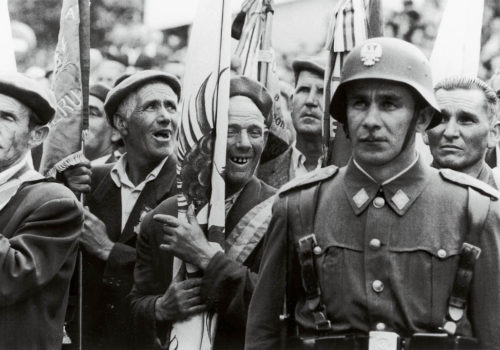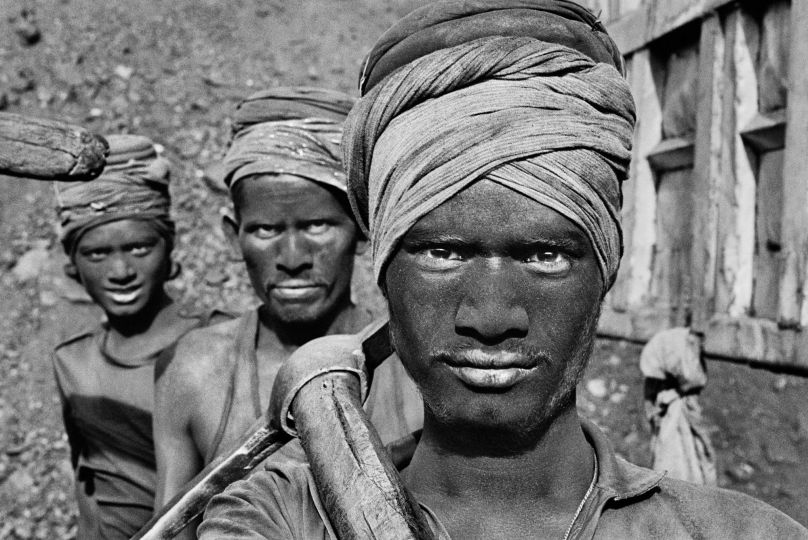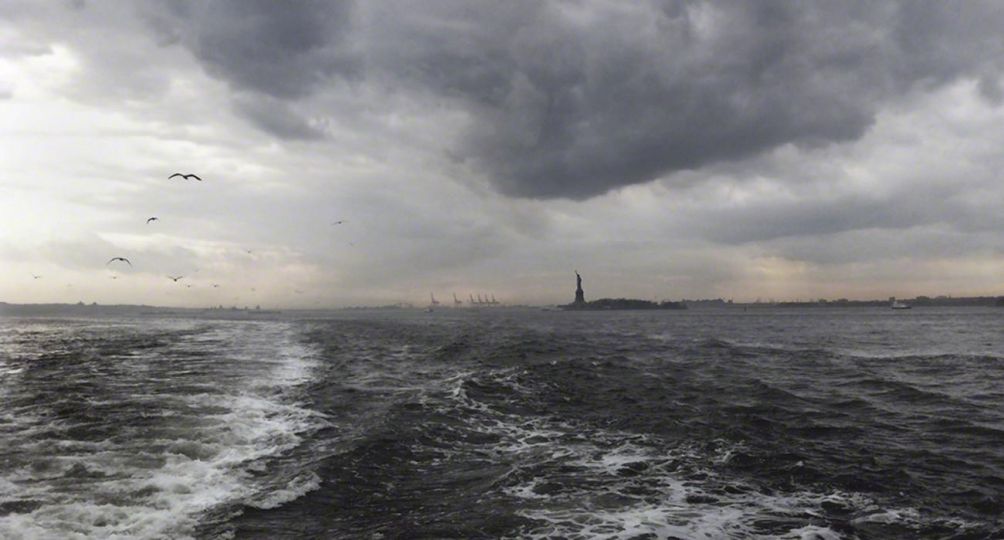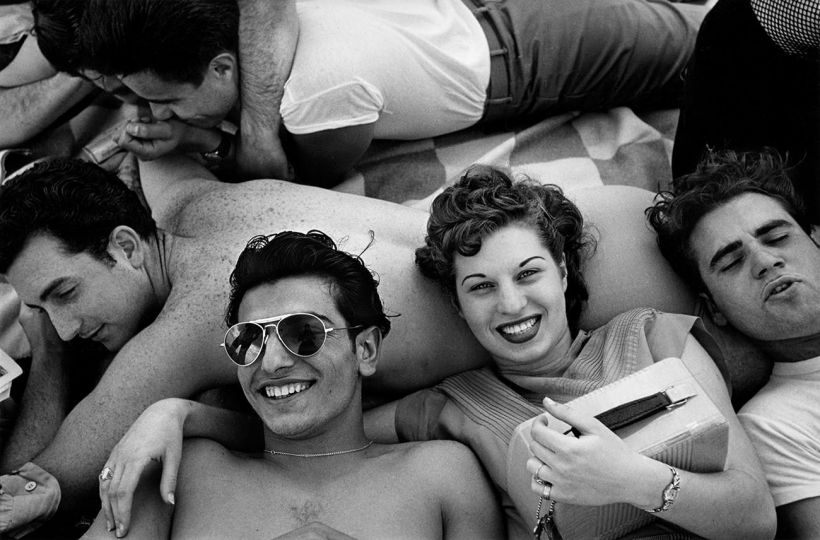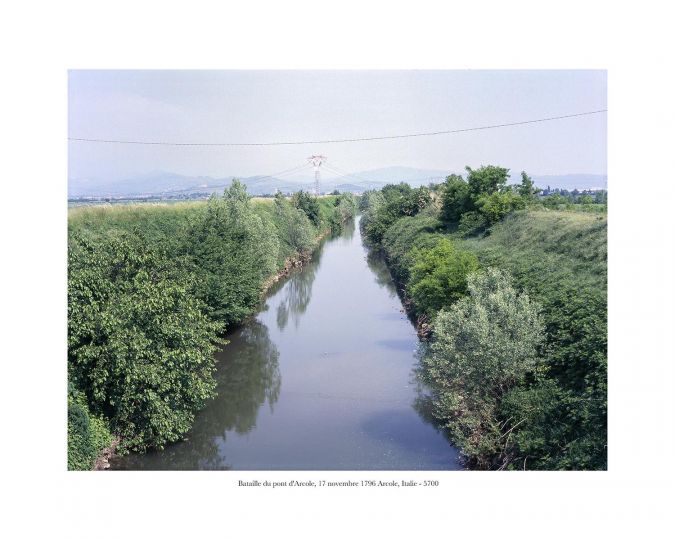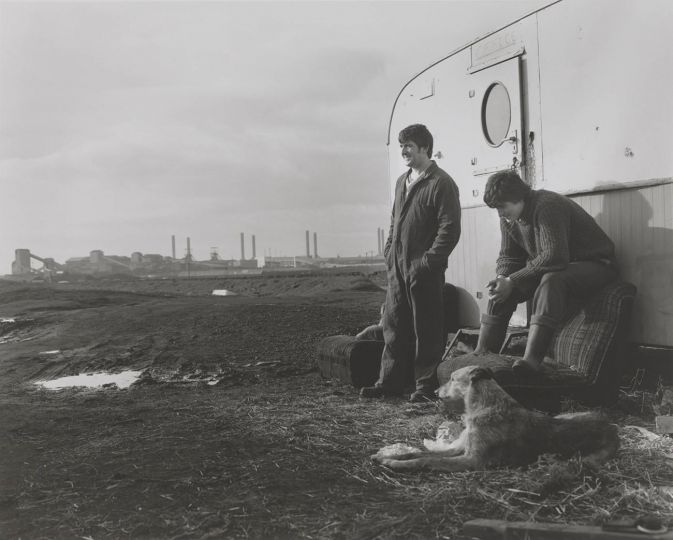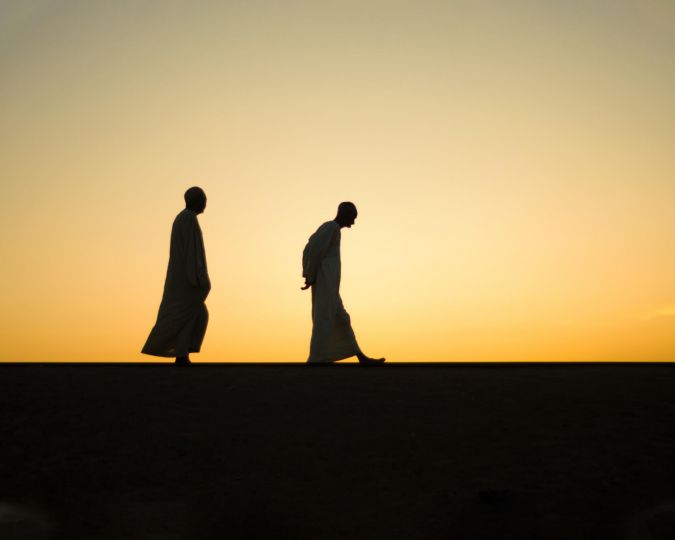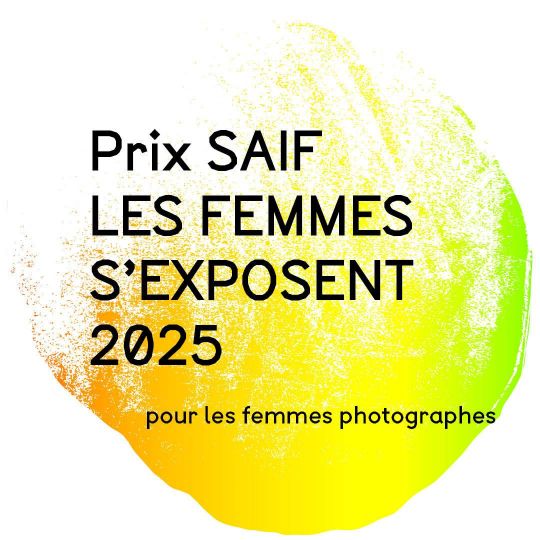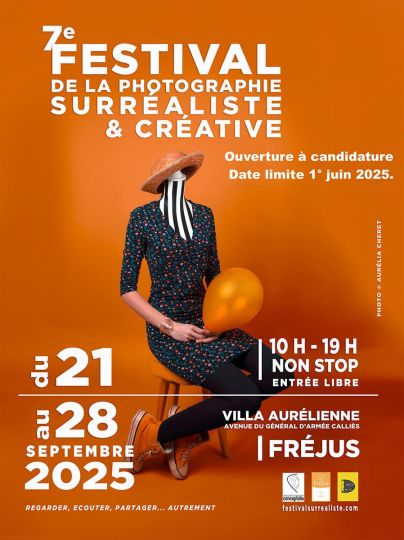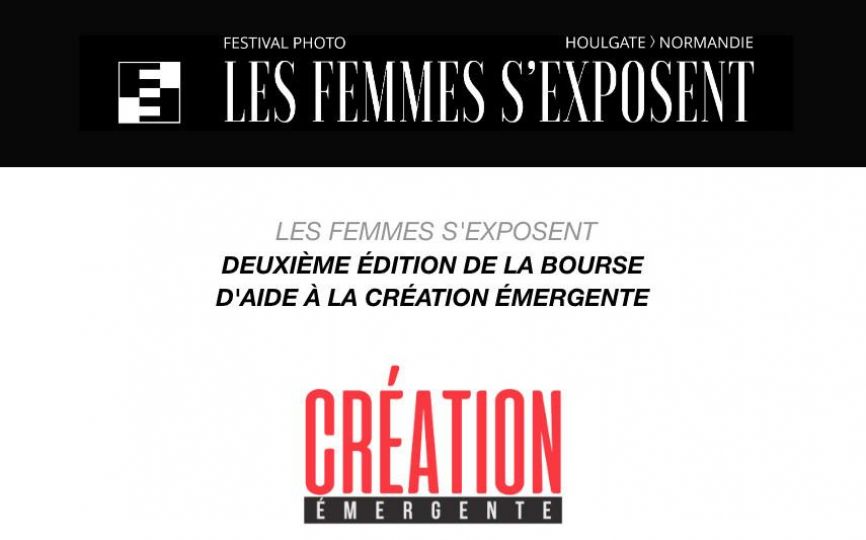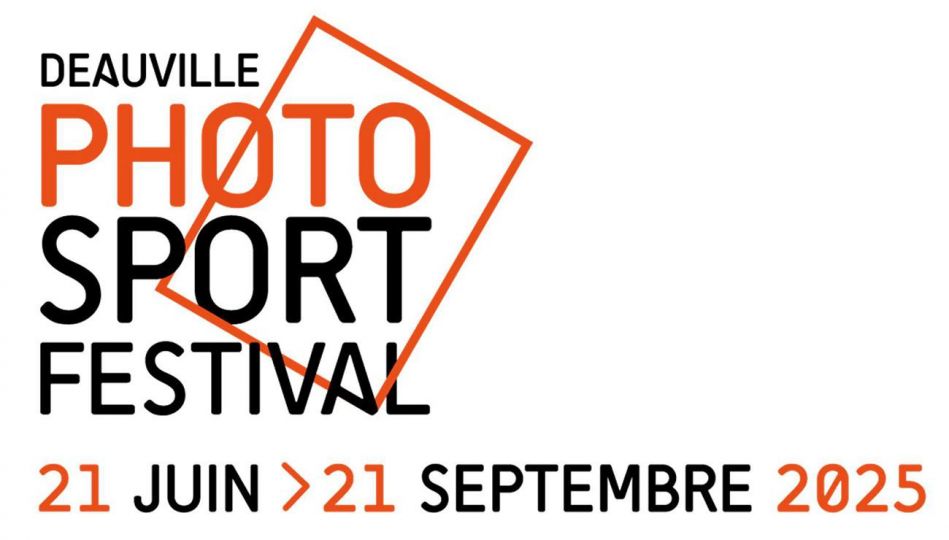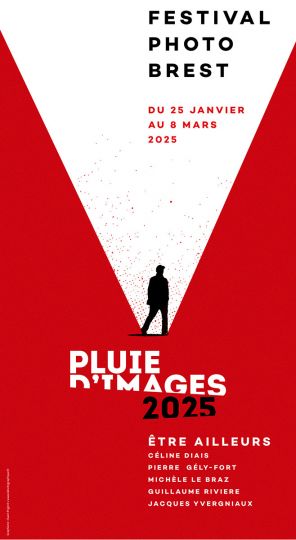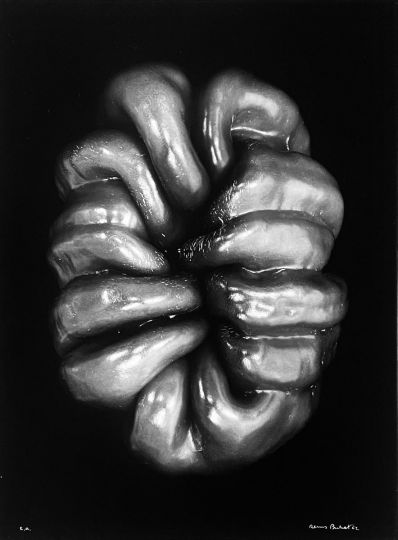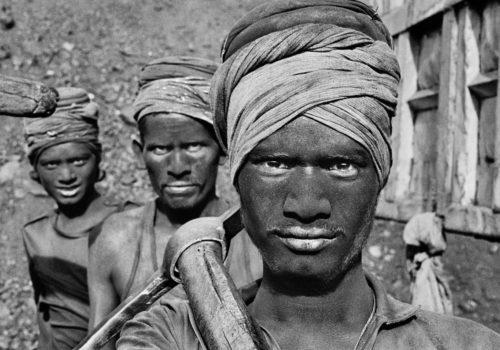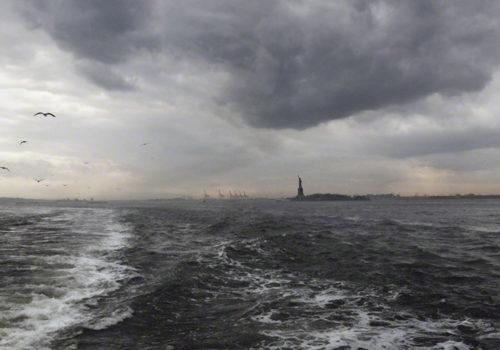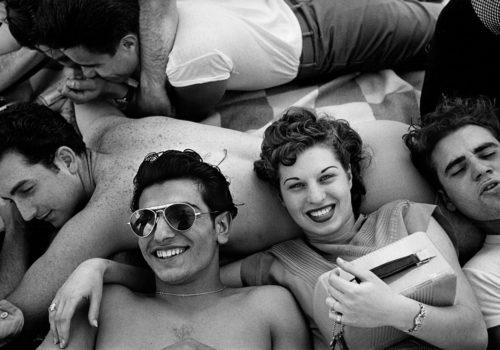La Palangana was a photography collective formed in 1959 by members of Madrid’s Real Sociedad Fotográfica, friends sharing similar aesthetic and theoretical convictions. Their chief aim was to move away from the academic, pictorialist criteria by which photography was judged at the time, and at the same time to construct a faithful record of contemporary Spain in images. With this in mind, they worked primarily on the outskirts of the city and in villages – an attitude considered eccentric if not downright subversive. Though varying in their approach, these photographers laid the foundations of what today might be termed Spanish Neorealism; together with other leading names, they formed the so-called Madrid School.
The founder members of La Palangana – Leonardo Cantero, Gabriel Cualladó, Francisco Gómez, Ramón Masats, Francisco Ontañón and Joaquín Rubio Camín – were joined at later stages by Fernando Gordillo, Gerardo Vielba, Juan Dolcet and Sigfrido de Guzmán. Later, some founder members abandoned the project. The group was named after a photograph by Francisco Ontañón, on display in the exhibition, showing portraits of the six founder members placed in a basin (palangana in Spanish) used for developing-fluid. The exhibition focuses on this crucial, yet neglected, episode in the history of Spanish photography, providing a representative sample of the group’s work.

